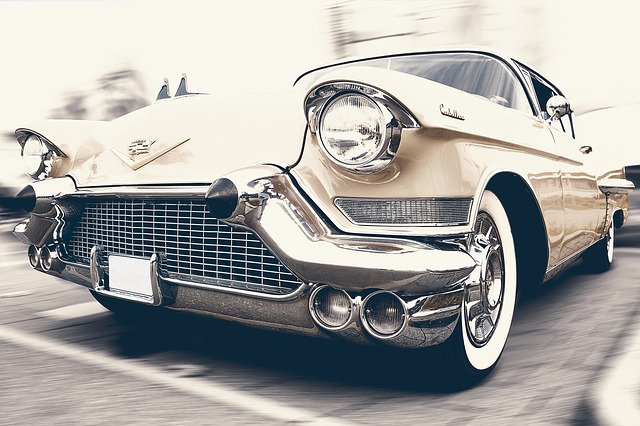Do Car Alarms Really Work?

Car alarms, it turns out, do very little of what they’re intended to do. Presumably, when they designed the first car alarms, it seemed like a good idea. Today they seem to always be going off for random reasons. Recently, two studies found that 95 to 99 percent of all car-alarm soundings are literally false alarms.
Perhaps because of that, car-security experts say, those that hear car alarms rarely pay them any attention. Since blaring alarms usually mean someone accidentally bumped into a vehicle, or a ball bounced off it, an alarm rarely means an actual theft is taking place. Besides, if a thief really is trying to steal a car, who wants to approach a dangerous criminal? The answer is no one.
Worse, car alarms may be affecting the health of the people around them when they go off. A recent report estimated that New York’s car alarms lead to about $400 to $500 million per year in “public-health costs, decreased property value, and diminished quality of life.” Perhaps a bit extreme but the point still stands that blaring car-alarms are stress-inducing and sleep-interrupting. No one who lives in the city will disagree with that.
So if car alarms don’t work, how did they become some common in the first place? When the technology became widespread in the 70s, it was a time when neighbors might have been more likely to come to the aid of a besieged vehicle. Over time, though, people grew to ignore them, especially in the ‘80s and ‘90s, when urban crime rates increased and even more drivers started installing them.
Today, the sales staff at Watters Autoland in Indianola, IA, a Buick, GMC automobile dealer tell us that very few cars roll out of factories equipped with car alarms anymore. Currently, the federal government doesn’t require carmakers to install alarms. In fact, the only anti-theft requirements they have other than mandating that they differentiate the key combinations for different vehicles.
That said, many drivers today still elect to purchase car alarms separately from third-party vendors, so they are not going extinct. Some people still want an alarm on their vehicle. Another thing keeping them around is that they’re cheap. You can buy the cheap ones for $30 to $50, which is far less expensive than the more-sophisticated immobilization systems that are built into most cars today.
Given all this, the companies that sell car alarms almost certainly know that their products are ineffective but they aren’t going to stop making them.





